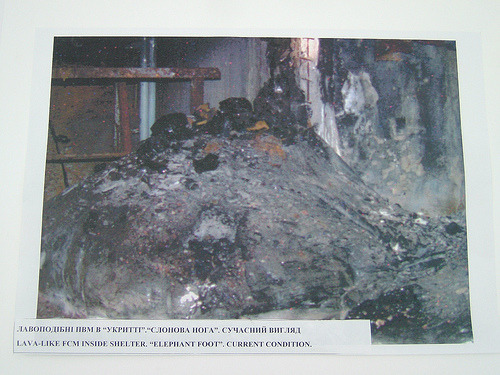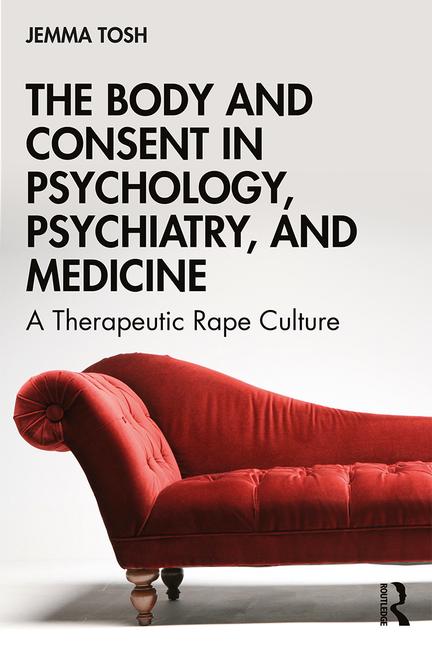This is a poem about a poem called you have nothing to be ashamed of and I’m so proud of you and things are hard but we can get through this together, I’m here for you, it’s an honour to be here for you, you just relax for awhile, darling, you’re sacred, curl up in my arms, we’re going to be okay.
There are some words that only have power during a fifteen-minute window once every five hundred years. Like in old stories about a keyhole that will appear in the side of the ocean when a solar eclipse occurs during the season of the strawberry moon—then, and only then, will you be able to enter the undersea, if you have the right key. All other times, the key is useless, there is no key hole, no matter where you put it, the ocean will not open. There are some words that are like this and, if you are present in that rare moment when the keyholes appear, and you do not have them, even if you find them later, by then it will be too late.
There are some stories that can only be
told at certain seasons, to certain people, by certain storytellers. There are
stories for winter and stories for harvest, stories for children becoming
adults, stories for young lovers, stories for cellies, stories for the bereaved.
There are stories that only runaway slaves can understand. There are stories
that only children can tell to other children. There are stories you can only hear
in the forest, stories you can only hear on the water, stories you can only
hear under the earth. And there are stories that can only be told after you
die, stories you will never hear, stories whose time has not yet come.
There are some poems you can only understand
when you are very old. And others you can only understand when you are very
young. And if you do not hear them then, you never really will.
This is a poem about a poem called it’s not your fault and he says he is punishing you when he beats you but that’s a lie and you don’t deserve it, and when he doesn’t show up and you are longing for him that’s not your fault either, and some parents are always terrible, and some parents are sometimes terrible, and some parents start terrible and get better while other parents start okay and get worse but, regardless of the state of the parent, this is a poem about a poem called all children are born innocent and so full of love that they will believe every kind of awful thing about themselves before they believe that those whom they love are abusers who abuse them for no good reason at all.
This poem is full of words that are magic keys: You are lovely. You belong here, together, with the rest of us. You matter. We aren’t going to reject you, abuse you, push you away. You have a specialness that is all your own, that is only you, that has never been before you and will never be again after you. Add these words to your key ring. Carry them with you everywhere. Attend to the appearance of keyholes—there, after the third crow calls, six minutes before dawn; there, after your brother stops coming home; there, in the water; there, in the stone; there, in your body, your hands, your feet, your side; there, in that moment, and that moment only.
Speak carefully. Like poets who have given up on crafting masterkeys and who instead form one word, maybe two, and they give them to the world, seed scattered on soil, shots fired while blindfolded, in hope that one person, maybe two, will read it and it will be just the right time and just the right place with just the right before and just to right after to fit.






